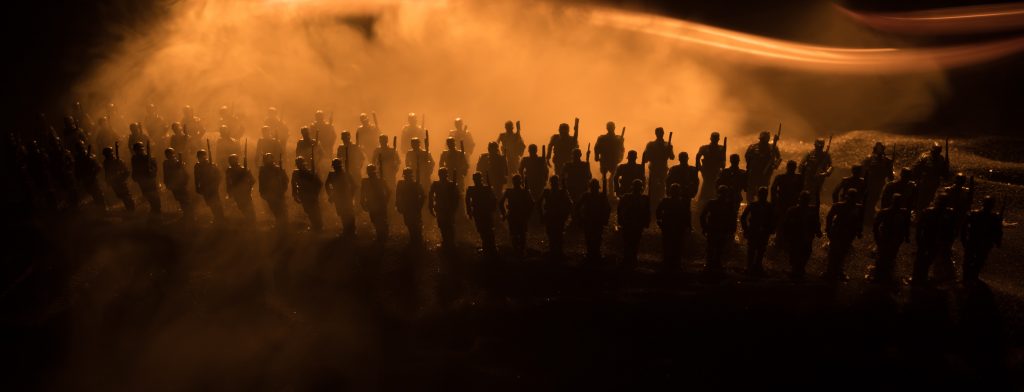Historical Events
16 Dec 2025
Historical Events
15 Dec 2025
Historical Events
09 Dec 2025
Historical Events
04 Dec 2025
Historical Events
01 Dec 2025
Historical Events
28 Nov 2025
Historical Events
28 Nov 2025
Historical Events
19 Sep 2025
Historical Events
19 Sep 2025
Historical Events
12 Sep 2025
Historical Events
12 Sep 2025
Historical Events
08 Sep 2025
Historical Events
03 Sep 2025
Historical Events
01 Sep 2025
Historical Events
23 Jul 2025
Historical Events
25 Jun 2025
Historical Events
22 Jun 2025
Historical Events
19 Jun 2025
Historical Events
19 Jun 2025
Historical Events
08 Jun 2025
Historical Events
08 Jun 2025
Historical Events
01 Jun 2025
Historical Events
09 May 2025
Historical Events
09 May 2025
Historical Events
09 May 2025
Historical Events
09 May 2025
Historical Events
09 May 2025
Historical Events
09 May 2025
Historical Events
09 May 2025
Historical Events
09 May 2025
Historical Events
09 May 2025
Historical Events
09 May 2025
Historical Events
09 May 2025
Historical Events
09 May 2025
Historical Events
09 May 2025
Historical Events
09 May 2025
Historical Events
09 May 2025
Historical Events
09 May 2025
Historical Events
09 May 2025
Historical Events
09 May 2025
Historical Events
09 May 2025
Historical Events
09 May 2025
Historical Events
09 May 2025
Historical Events
09 May 2025
Historical Events
09 May 2025
Historical Events
09 May 2025
Historical Events
08 May 2025
Historical Events
08 May 2025
Historical Events
08 May 2025
Historical Events
08 May 2025



16 Jan 2020
06 Feb 2020
31 Jan 2020
07 Feb 2020
04 Feb 2020
31 Jan 2020
17 Jan 2020
07 Feb 2020